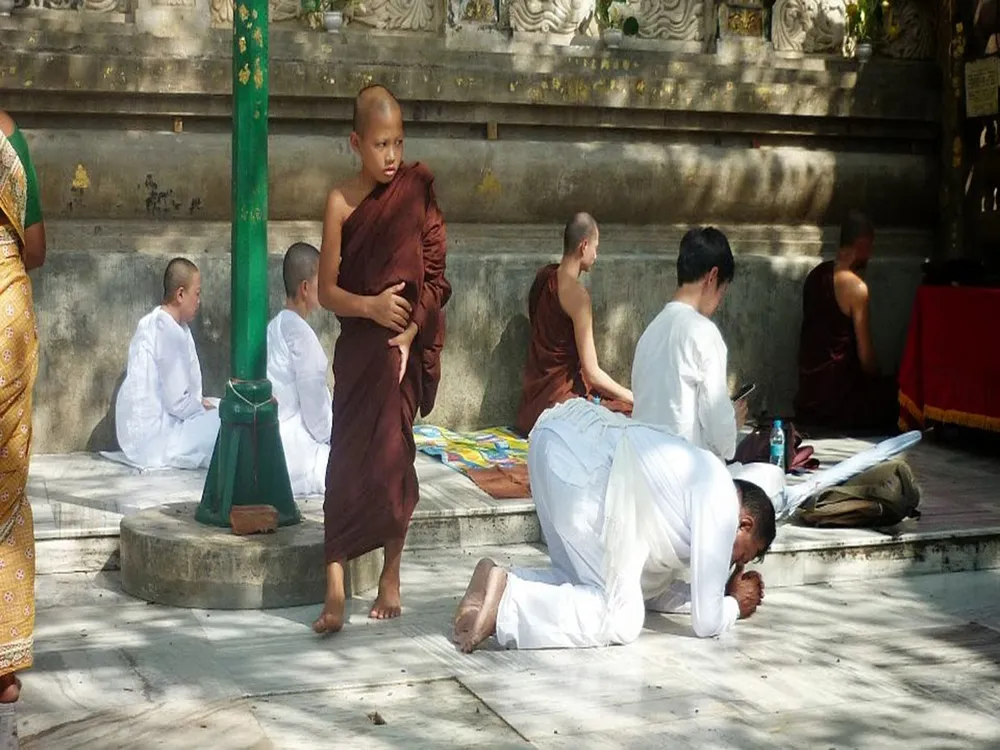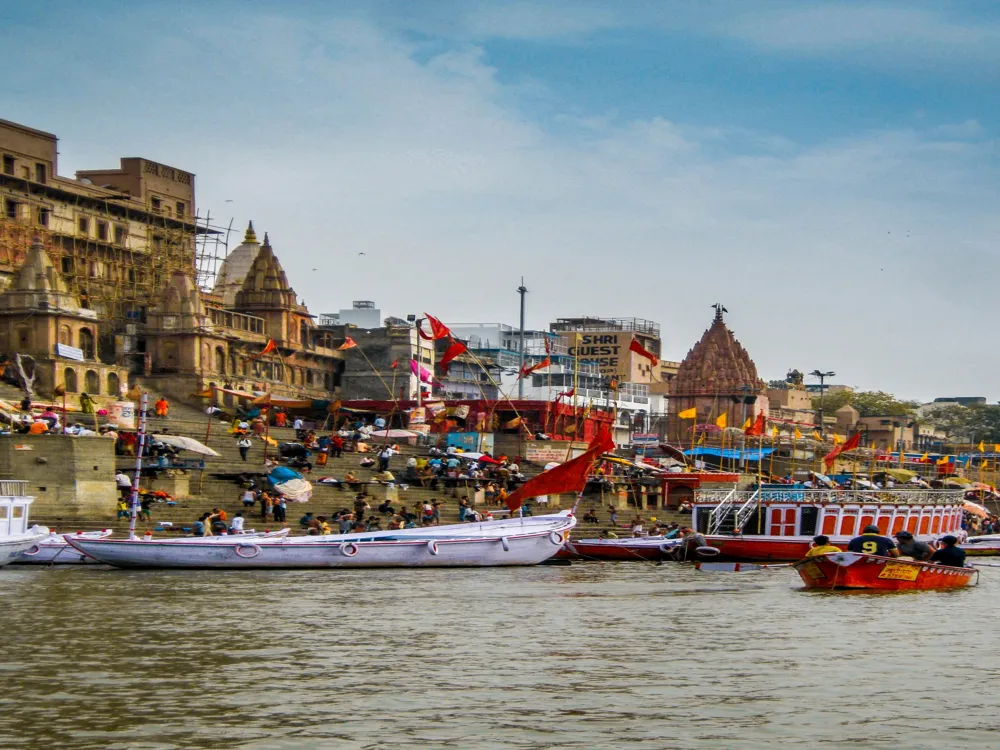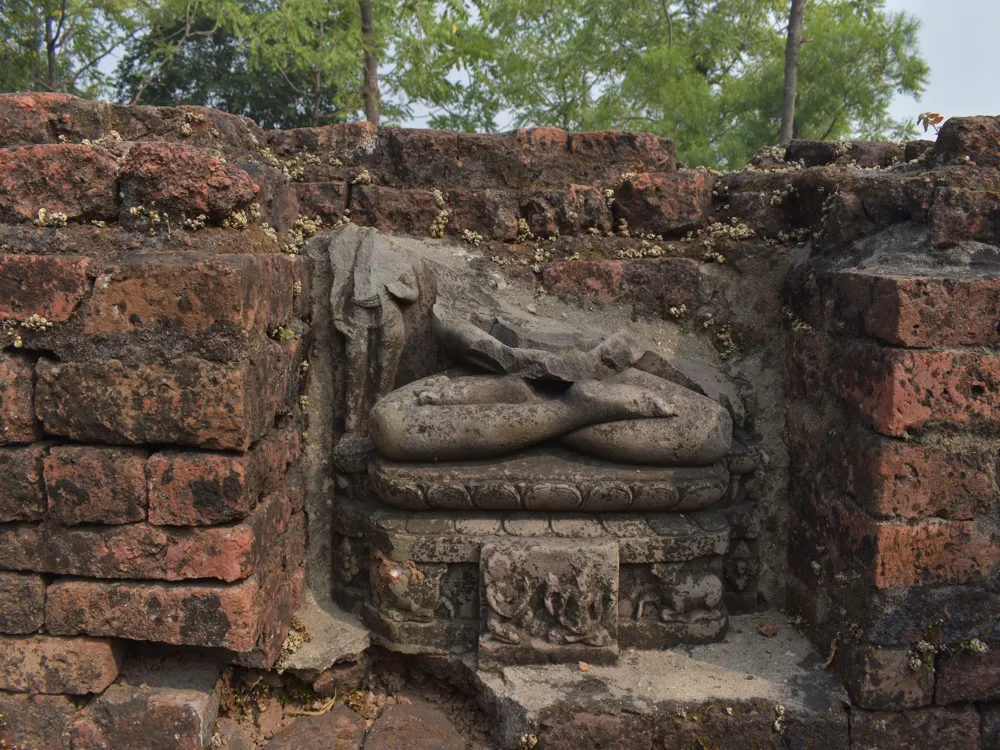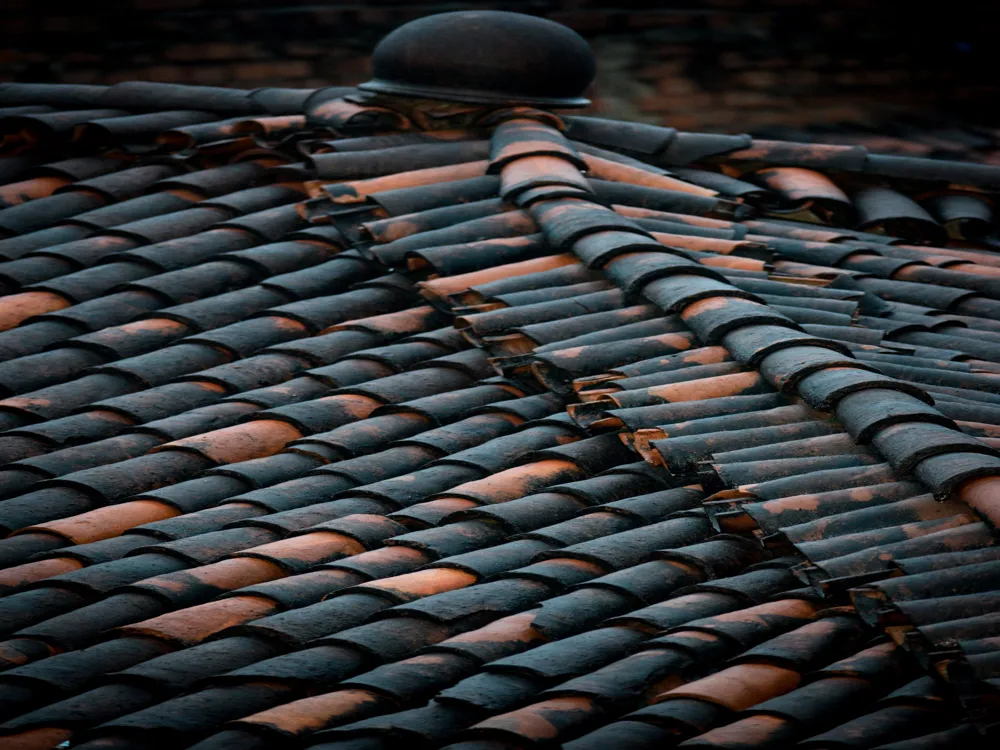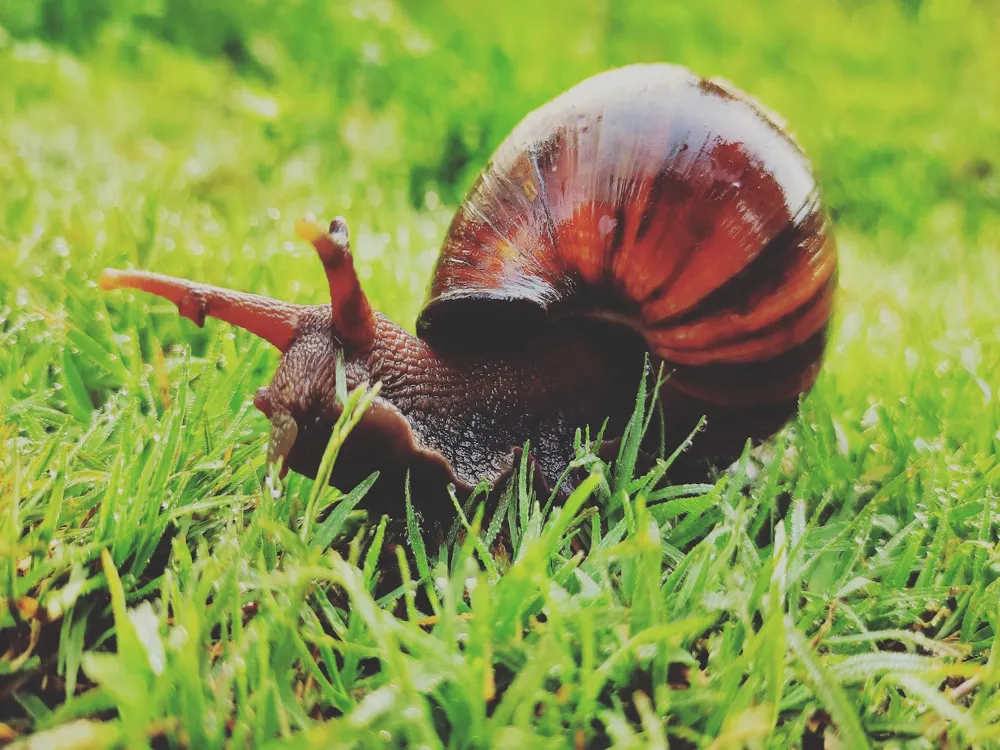Hazaribagh, a city renowned for its natural beauty and cultural heritage in Jharkhand, India, is home to the Urban Haat. This marketplace stands as a testament to the city's commitment to preserving and promoting its rich tapestry of arts, crafts, and traditions. The Urban Haat is not just a market; it's a vibrant cultural hub, a place where the past and present coalesce, offering a unique experience to its visitors. The Haat is a kaleidoscope of cultural richness, showcasing an array of traditional crafts and artworks from local artisans and craftsmen. It's a place where the vibrant colors of handloom fabrics blend seamlessly with the intricate designs of tribal jewelry, pottery, and paintings. These items are not just commodities; they are stories woven into threads, painted into canvases, and shaped into clay, narrating the tales of Hazaribagh's heritage. The Urban Haat also serves as a stage for various cultural events and festivals, breathing life into the city's traditions and folklore. From folk music and dance performances to art exhibitions and craft workshops, the Haat is a pulsating center of cultural activities. It's a place where locals and tourists alike gather to witness the perpetuation of the region's legacy through its art and craft. The significance of the Urban Haat in Hazaribagh extends beyond its role as a marketplace. It's an initiative that empowers local artisans by providing them a platform to showcase and sell their work, directly benefiting their livelihoods. It's a sustainable model of preserving intangible cultural heritage while contributing to the local economy. As you wander through the lanes of the Urban Haat, you are not just shopping; you are embarking on a journey through the heart of Jharkhand's culture. Each corner of the Haat tells a different story, each artifact a different memory, making it a must-visit destination for anyone seeking to experience the essence of Hazaribagh's rich cultural landscape. The architecture of the Urban Haat in Hazaribagh is a splendid fusion of traditional and modern design elements, creating a space that is both aesthetically pleasing and functionally robust. The Haat's design takes inspiration from the local cultural and architectural heritage, making it a visual treat and a testament to the region's architectural prowess. The entrance of the Haat is marked by a grand archway, reminiscent of the traditional torans found in local tribal architecture. This archway is adorned with motifs and designs that are intrinsic to the tribal art of the region, welcoming visitors into a space that is steeped in cultural significance. As one steps inside, the Haat unfolds as a series of interconnected pavilions and open spaces. The pavilions, designed with sloping roofs and wide verandas, reflect the architectural style of rural Jharkhand. The use of local materials like bamboo, mud, and terracotta tiles in construction not only adds to the aesthetic charm but also demonstrates a commitment to sustainable and eco-friendly practices. The central courtyard is the heart of the Haat, surrounded by pavilions on all sides. This open space is versatile, serving as a venue for cultural performances, workshops, and exhibitions. The layout ensures a seamless flow of visitors, while also creating intimate spaces for artisans to display and sell their wares. The integration of green spaces within the Haat is another noteworthy aspect. Small gardens, water bodies, and tree-lined paths offer a serene environment, contrasting the bustling activity of the market. These natural elements not only enhance the beauty of the Haat but also provide a tranquil retreat for visitors and artisans alike. In summary, the architecture of Urban Haat in Hazaribagh is a harmonious blend of tradition and modernity. It not only serves as a functional space for trade and cultural exchange but also stands as a symbol of the region's architectural heritage and commitment to sustainability. Before visiting the Urban Haat, it's advisable to check for any special events or festivals that might be taking place. These events can offer a more enriched experience, showcasing the best of local art and culture. Take your time to explore the different pavilions and stalls. The Haat is home to a diverse range of crafts, and each artisan has a unique story to tell through their creations. Engaging with the local artisans can be a rewarding experience. They often share insights about their craft, techniques, and the history behind their art, offering a deeper understanding and appreciation. Don’t miss out on the local cuisine available at the Haat. It’s a great way to experience the local culture through its flavors and culinary traditions. While photography is generally allowed, it's respectful to ask for permission before taking photos of the artisans or their work. This courtesy is appreciated and often leads to more open interactions. Urban Haat, located in the heart of Hazaribagh, is easily accessible by various modes of transportation. If you're traveling by air, the nearest airport is Ranchi Airport, from where you can hire a taxi or take a bus to Hazaribagh. For those preferring rail, Hazaribagh Town railway station is the nearest, with good connectivity to major cities. Road connectivity to Hazaribagh is also excellent, with a well-maintained network of national and state highways. Local transport options like taxis, autorickshaws, and buses are readily available for easy and convenient travel within the city. Read moreOverview of Urban Haat, Hazaribagh
Architecture of Urban Haat, Hazaribagh
Tips for Visiting Urban Haat
Plan Your Visit
Exploring the Crafts
Interacting with Artisans
Local Cuisine
Photography
How To Reach Urban Haat, Hazaribagh
Urban haat
Hazaribagh
Jharkhand
NaN onwards
View hazaribagh Packages
Hazaribagh Travel Packages
View All Packages For Hazaribagh
Top Hotel Collections for Hazaribagh

Private Pool

Luxury Hotels

5-Star Hotels

Pet Friendly
Top Hotels Near Hazaribagh
Other Top Ranking Places In Hazaribagh
View All Places To Visit In hazaribagh
View hazaribagh Packages
Hazaribagh Travel Packages
View All Packages For Hazaribagh
Top Hotel Collections for Hazaribagh

Private Pool

Luxury Hotels

5-Star Hotels

Pet Friendly













